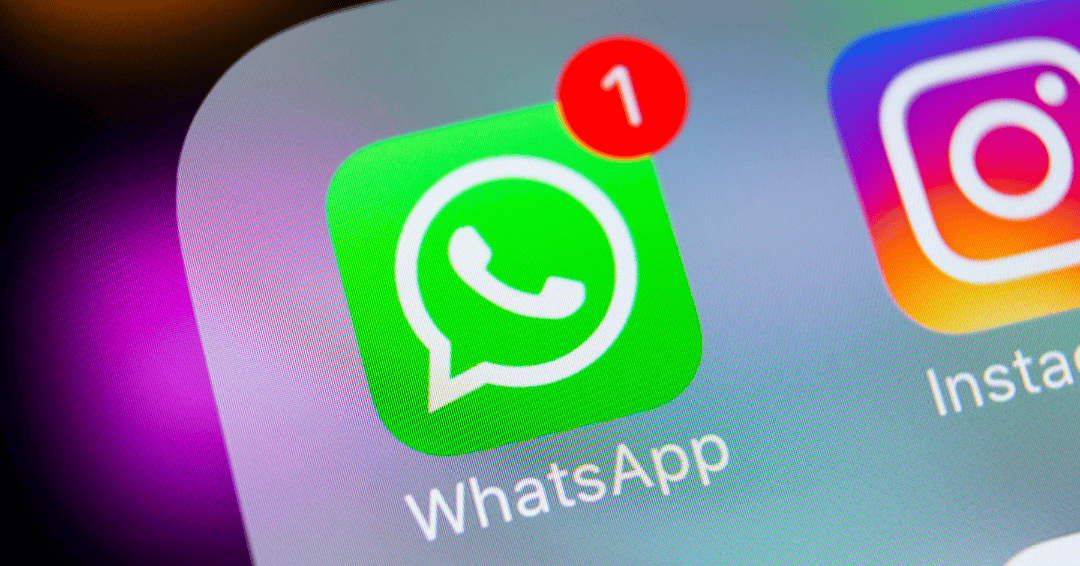The emergence of new forms of digital evidence has facilitated vast changes in how cases across the world are conducted. New methods are required to keep pace with the ever-changing litigation landscape, with the world becoming increasingly digital.
This blog looks into WhatsApp and whether conversations over the popular messaging app can serve as legitimate evidence in a courtroom.
Using digital evidence in court
The short answer to the title of this blog is: yes. WhatsApp messages, among many other forms of electronically stored information (ESI), can be used as evidence in a case.
There are many different types of ESI which can be used as evidence. Some examples include:
- Videos
- Photos
- Text messages
- Call logs
- Emails
- Social media posts
- Documents
- Databases
In the ever-expanding digital world, legal professionals must be familiar with the types of ESI used to support a case. However, for digital evidence to be legitimate, it must meet specific criteria.
When will WhatsApp messages be considered evidence?
WhatsApp messages have to meet certain criteria to be classed as official evidence in court. Firstly, the messages must’ve been obtained legitimately, without crossing the right to privacy or security.
Once obtained, it’s crucial to analyse the messages’ authenticity, accuracy, relevance and completeness. Simply having a contact name above a message isn't enough to rule it as authentic. To use WhatsApp messages as evidence in a court of law, it’s a good idea for businesses to ensure they have a solid enterprise messaging solution and retain all records of work-related messaging.
A great way to demonstrate how WhatsApp messages can be used in court is to provide real-life examples.





